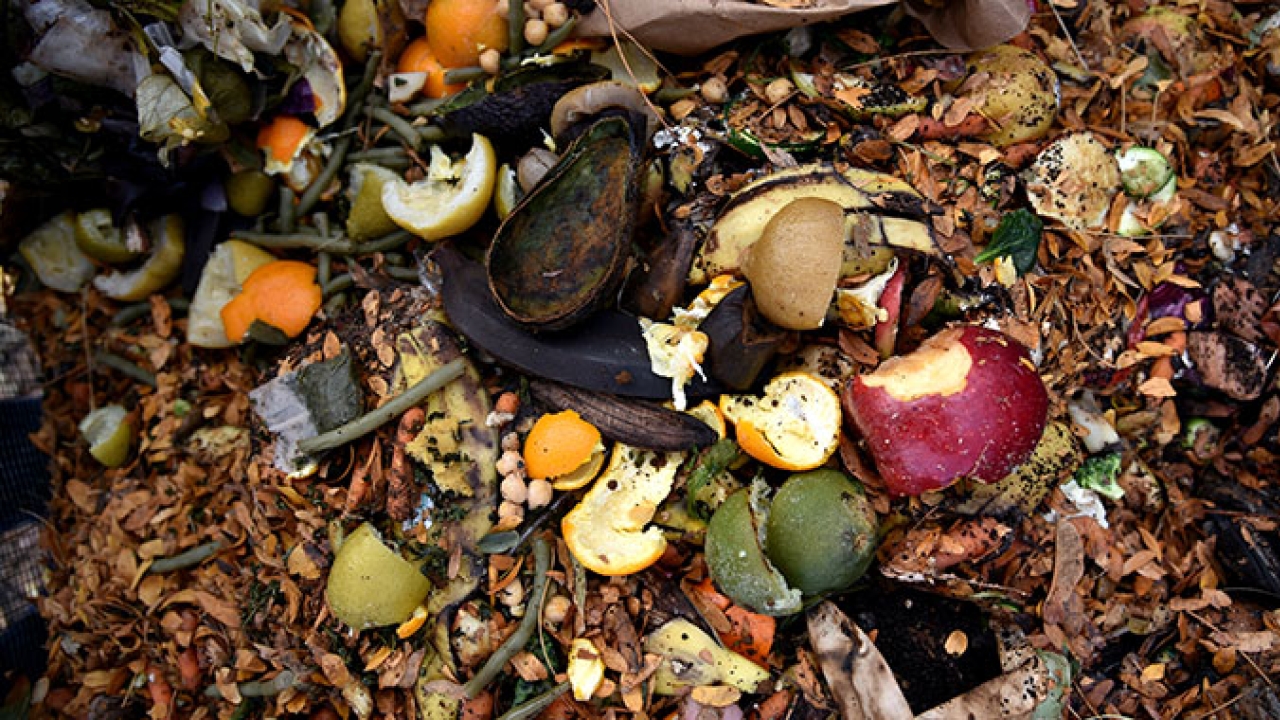Avery Dennison’s label material certified for composting
Avery Dennison has successfully achieved ‘OK Compost’ certification for a BPA-free and FSC-certified thermal label material combined with the new adhesive SX6030, offering brands new options for more sustainable packaging.

‘The new material addresses a significant shortfall in supply for compostable thermal materials,’ said Jennifer Bijkerk, development engineer at Avery Dennison. ‘Demand for sustainable thermal labels is huge, including compostable labels, and the European EN13432 standard imposes extremely strict requirements before ‘OK Compost’ certification can be awarded by TUV Austria.
‘This new material, under product reference BW099 uses a new facestock and adhesive combination to ensure a robust and practical material that needs no special storage conditions, and which has a normal shelf life. As composting standards are limited, the EN13432 is also to be accepted as compostability standard in many countries outside of Europe.’
The main application for BW099 will be labelling of compostable food packaging and compostable plastic bags, especially last minute direct printed labels for fruit and vegetables that are weighed and packed by consumers in the supermarket. Rapidly spreading bans on single-use plastics also means there is a drive towards using compostable carrier bags and other packaging, all of which will require a compostable label.
Public opinion on the issue and composting being a potential solution is underlined by the Global Commitment launched by the Ellen MacArthur Foundation and UN Environment in October 2018: Avery Dennison is one of more than 250 businesses supporting this commitment, working with governments, NGOs, universities, and other organizations to eliminate plastic waste and pollution.
Luuk Zonneveld, product manager, select solutions at Avery Dennison added: ‘The new material is available in 2m width and with optimized production efficiency to support the broader demands of the market. We know how important this product category is to converters and end users, and we see it as a key contributor to our own wider and highly ambitious sustainability goals. We have been able to use conventional technology to produce this innovation, by creating a unique facestock and adhesive combination, and work is already well underway towards expanding our compostable range with more certified products.’
Stay up to date
Subscribe to the free Label News newsletter and receive the latest content every week. We'll never share your email address.

